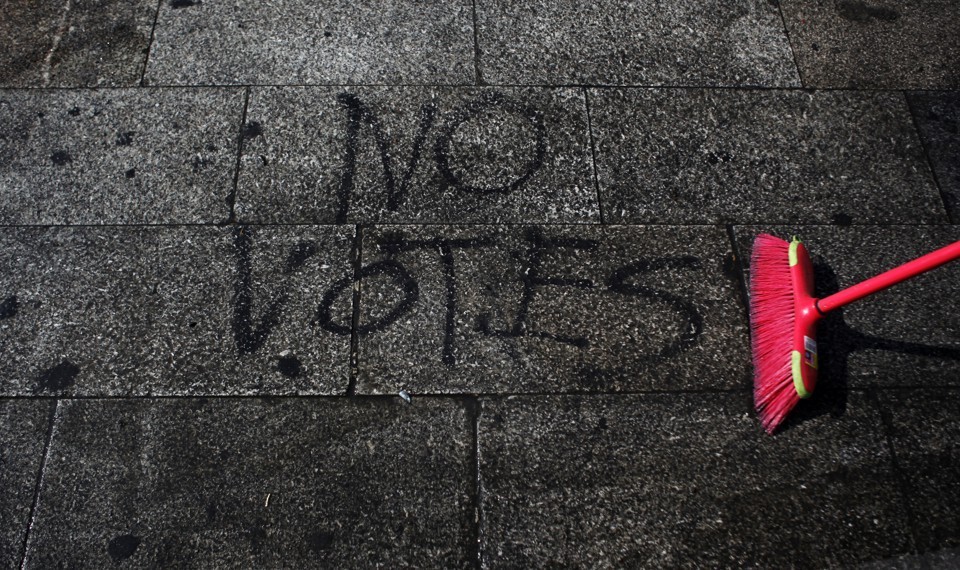Yascha Mounk says the rise of populism isn’t over yet.
This interview with Yascha Mounk appeared in The Atlantic, March 4th, 2018.
Almost everyone who writes about challenges to democracy sooner or later encounters the important work of Yascha Mounk. The list of his accomplishments is a long one: The German-born scholar lectures on political theory at Harvard, is a postdoctoral fellow at the Transatlantic Academy of the German Marshall Fund, and is a nonresident fellow at New America’s Political Reform Program. He writes a weekly column for Slate, where he also hosts The Good Fight podcast.
His latest book, The People vs. Democracy: Why Our Freedom Is in Danger and How to Save It, will be published on March 5. An excerpt adapted from the book ran in The Atlantic’s March issue. I spoke with Mounk earlier this month about his research, the meaning of populism, and the question of how democratic societies cope with immigration, among other things. What follows is a transcript of our conversation, edited for length and clarity.
David Frum: Let’s begin with the research that has made you famous, your cross-country survey of declining faith in democracy among younger people in the advanced countries. Could you describe it?
Yascha Mounk: Political scientists describe wealthy, stable countries as “consolidated democracies.”
Watching the rise of populist parties across Europe, I was a little skeptical of this idea. So with a colleague, Roberto Stefan Foa, I started to look at whether citizens really were as satisfied with democracy as everyone assumed. And the results were pretty shocking. In the United States, for example, over two-thirds of older Americans believed that it was absolutely essential to live in a democracy; among millennials, less than one-third did. Twenty years ago, one in 16 Americans thought that “army rule” was a good system of government. A few years ago one in six did. And the figures are similarly worrying for a whole range of countries in Western Europe. MORE..

